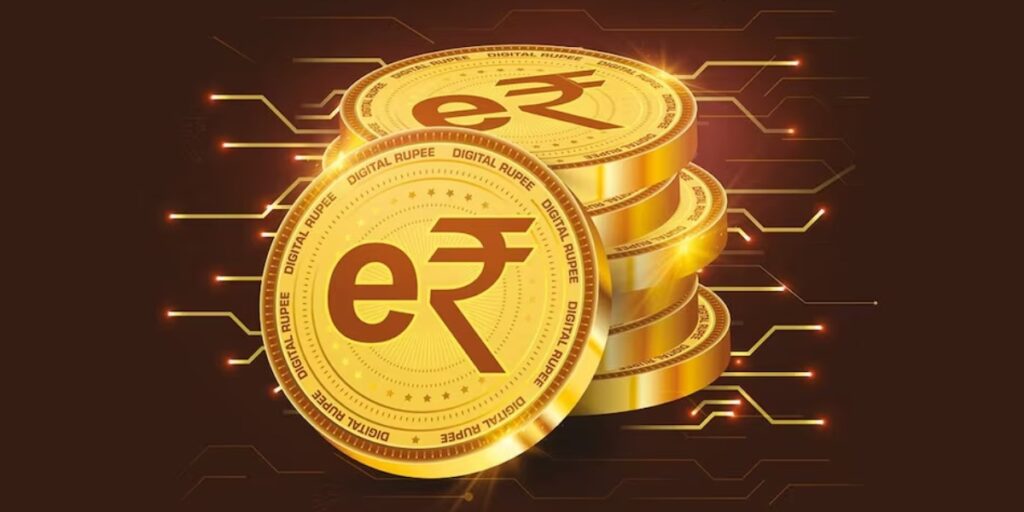Cryptocurrencies are changing the course of transactions done anywhere in the world. Cryptocurrencies such as Bitcoin, Ethereum, and stablecoins are more in demand these days, and countries around the world are debating the issue of regulation and digital currency acceptance. India also attempted to limit the acceptance of cryptocurrency and developed its own Central Bank Digital Currency (CBDC), the Digital Rupee. Scam issues, financial risk exposures, and taxation are still pending in India’s conventional acceptance of cryptocurrencies.
All over the globe, cryptocurrency is becoming more popular because transactions are immediate, fees are low, and people are well integrated into the financial system. Buying and trading cryptocurrency are legal in the United States of America, Japan, and Germany under stringent regulation. Bitcoin is legalized as a legal tender in El Salvador and can be utilized by the citizens in daily transactions. All of the big mainstream multinationals, like Tesla, Microsoft, and Starbucks, already support cryptocurrency as a form of payment, and digital currency is going mainstream.
India’s policy regarding cryptocurrency is not crystal clear. They never banned it but taxed 30% on crypto income and 1% TDS on transactions for other than the motive of escaping unwanted speculations. The Reserve Bank of India even launched the Digital Rupee, a government-sanctioned virtual currency, to provide an alternative to real and secure forms of physical cryptocurrencies.
While the world is embracing electronic money in droves, India is going slow. What will drive the country towards embracing the cryptocurrency with such zeal or moving towards legalizing its use are the right measures and checks.
Edited By Urvashi


